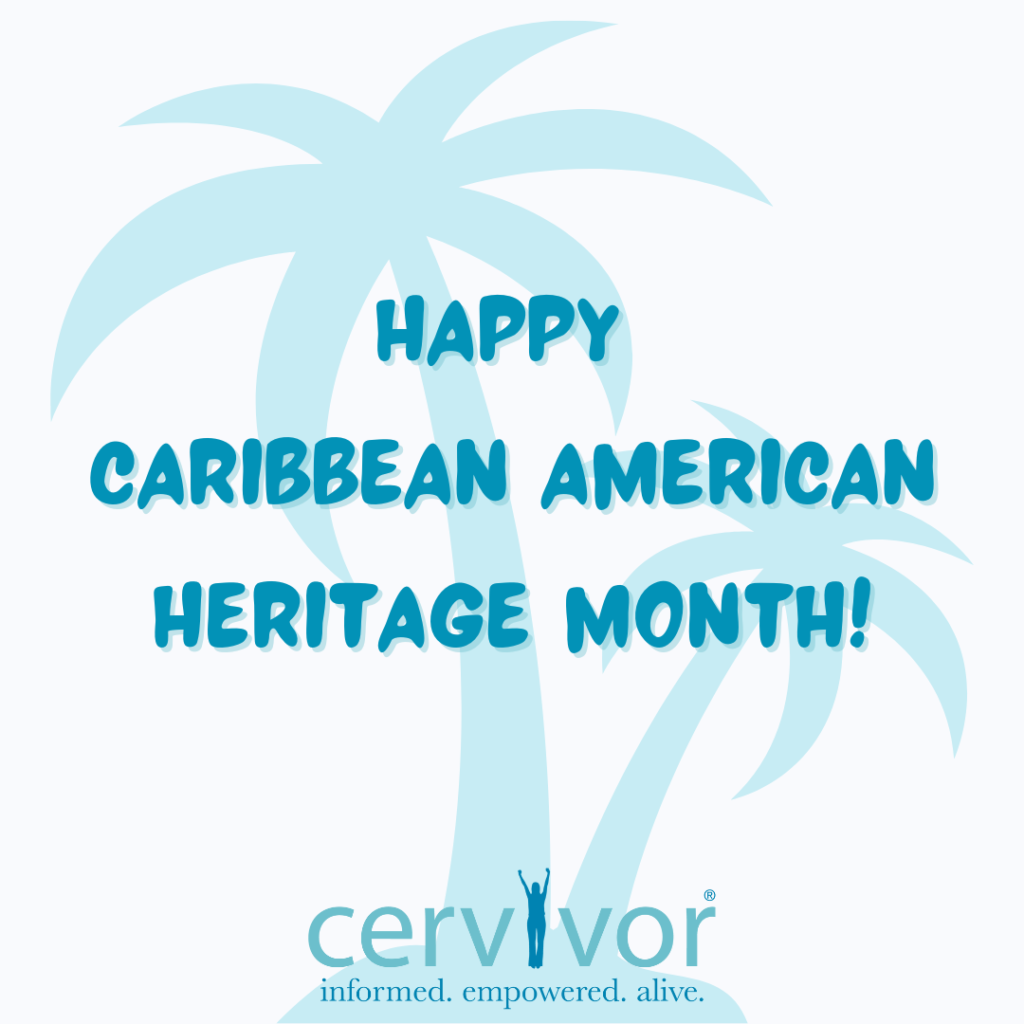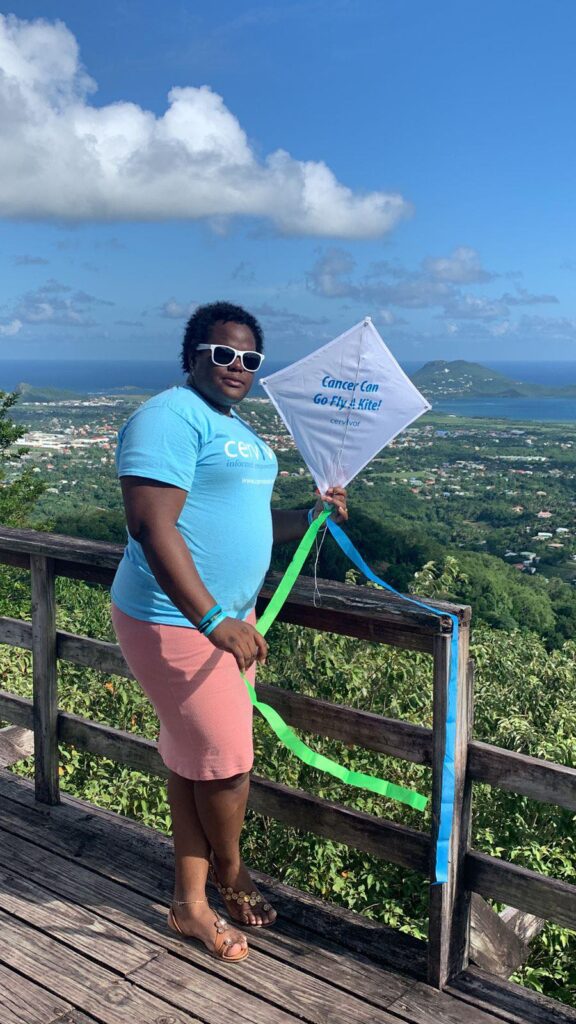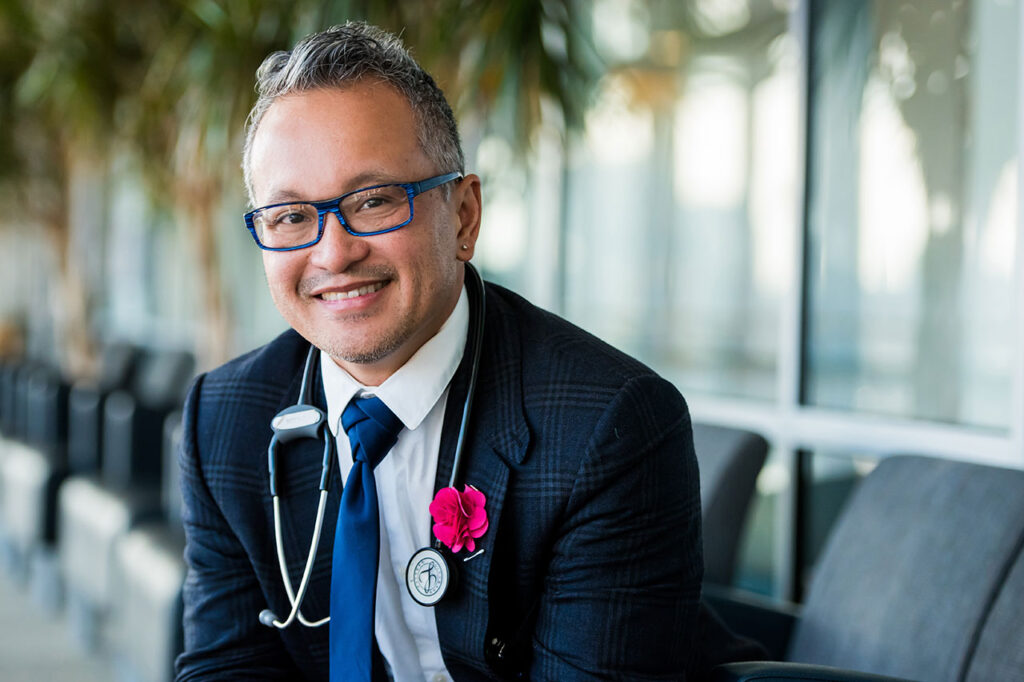
Alexander Hamilton.
General Colin Powell.
Shirley Chisolm.
And Kadiana Vegee.
These Caribbean-Americans are worthy of a shout out, and Cervivor wants to shout from the rooftops Kadiana’s name because she is the epitome of beauty and pride. As we celebrate Caribbean-American Heritage Month, we want to share Kadiana’s survivor story which reminds us of true beauty.
Having lost her mother to ovarian cancer, and her father to prostate cancer, Kadiana and her sisters took genetic tests to learn where their own health stood. While her sisters were in the clear, Kadiana’s tests revealed the BRCA 1 gene mutation. She quickly chose to have preventative surgeries.
“I had a double mastectomy without reconstruction, and I also had to have my ovaries and my fallopian tubes removed,” explained Kadiana. “ … The decision that I made was not just for myself and to stay alive, but it was also for my kids.”
The most frequent cancers in the Caribbean are prostate, breast, lung and bronchial, colorectal, and cervical cancers, according to BMC Cancer journal. Further, the five most frequent sites for cancer deaths include lung and bronchial cancers, prostate, colorectal, breast and stomach.
To be specific, Black-Caribbean women have a high prevalence of late-stage breast and cervical cancer diagnosis due to a low prevalence of screenings, according to dignity, shame, stigma, or ignorance in avoidance of breast and cervical cancer screenings among women of Caribbean Descent, published by the Open Journal of Social Sciences. After conducting focus groups, researchers concluded that a lack of trust in the health system, stigma, and shame contributed to avoidance of cancer screening – all similar to what we see and experience for ourselves.
While Kadiana acknowledges cancer will “always be a part of my life, from the long lasting side effects to the constant fear of reoccurrence,” her fervor to thrive, her beauty and her pride in taking back her life can be seen, felt, and heard. We are elated to know that Kadiana is a Cervivor advocate willing to share her story, boast her war scars, and champion the need for rights, resources and self advocacy.

“It felt like a blessing because I knew and I had the option,” said Kadiana about making her decision. “I stand unashamed … It’s not how I look on the outside. It’s how I look on the inside, and I really do feel beautiful.”

